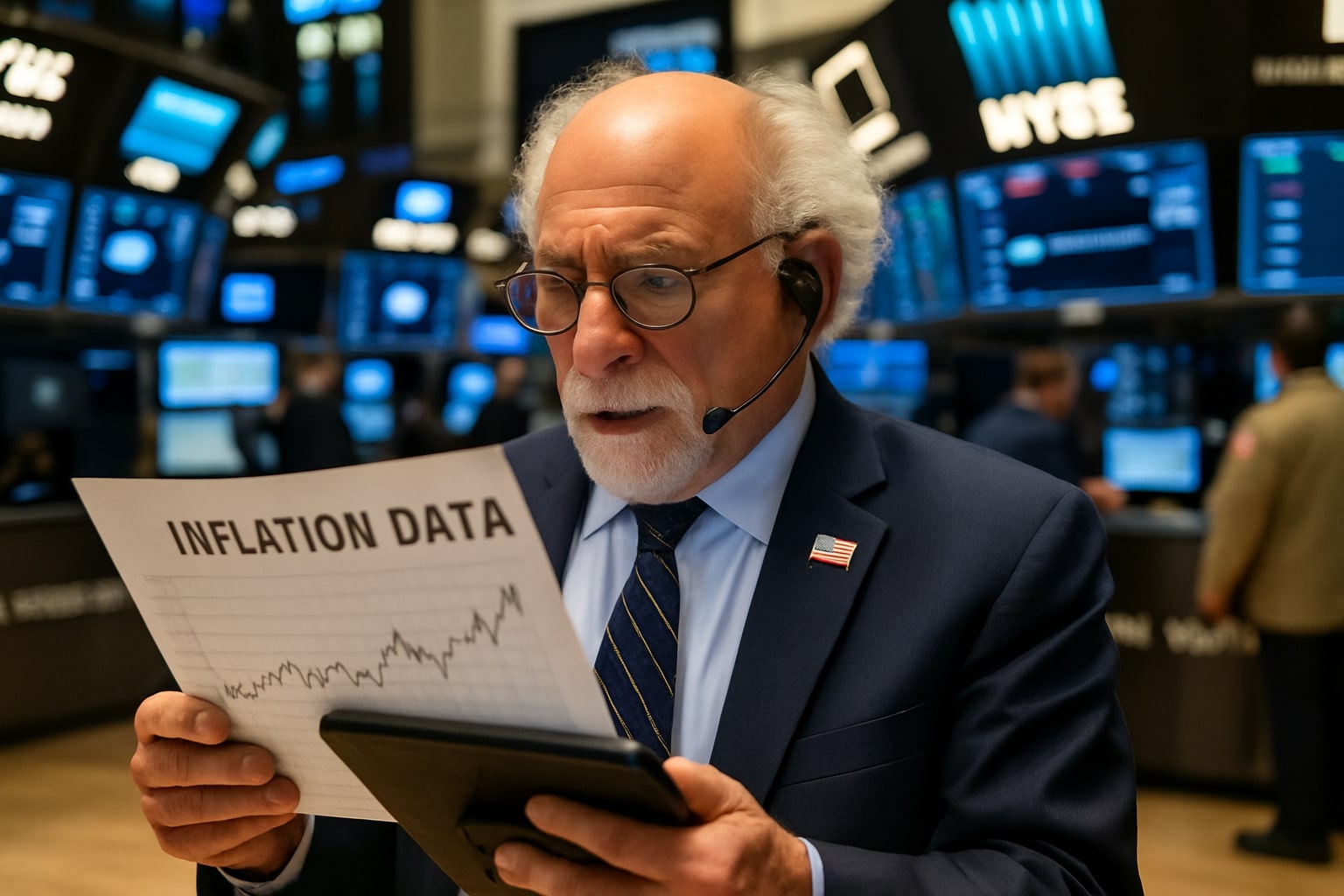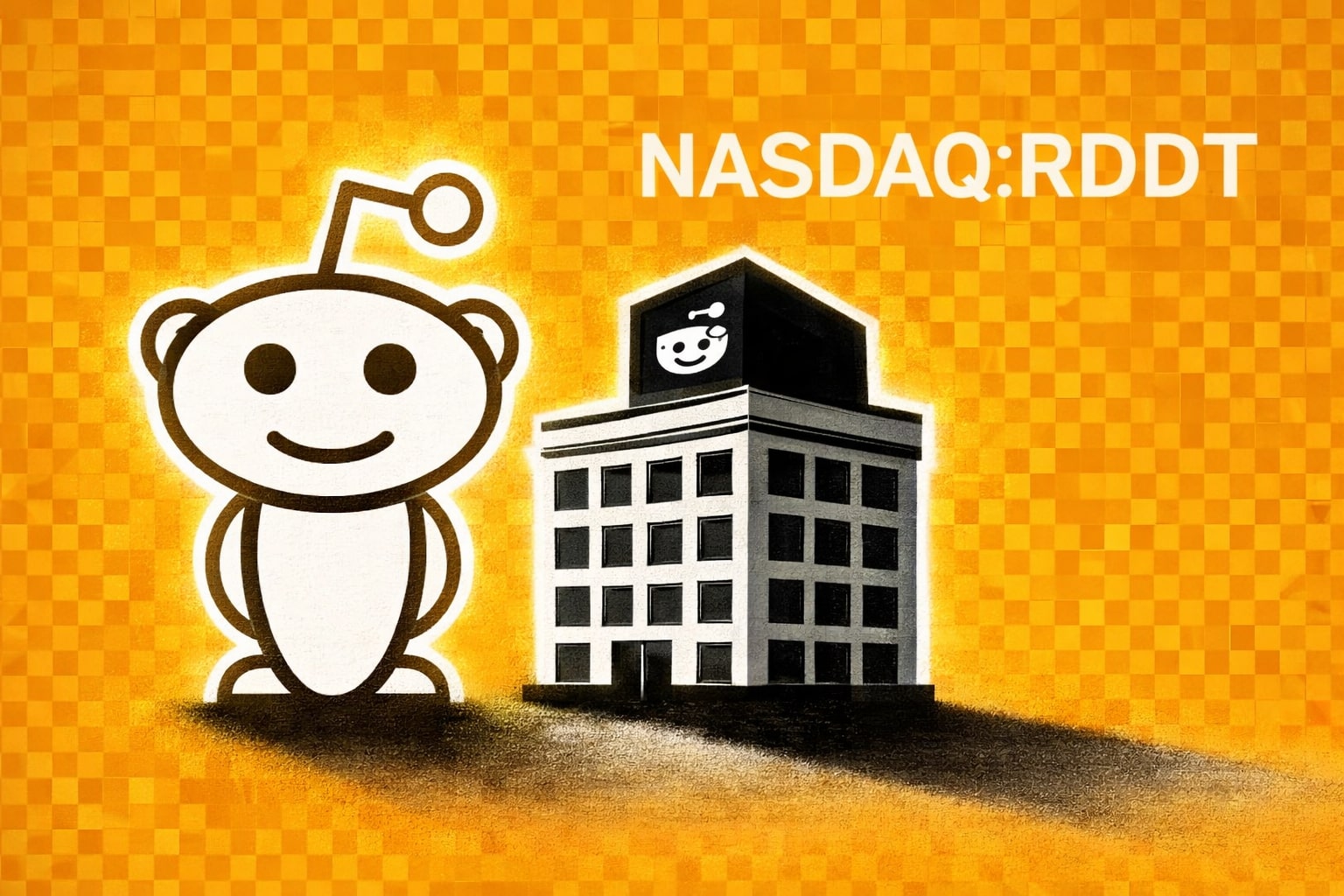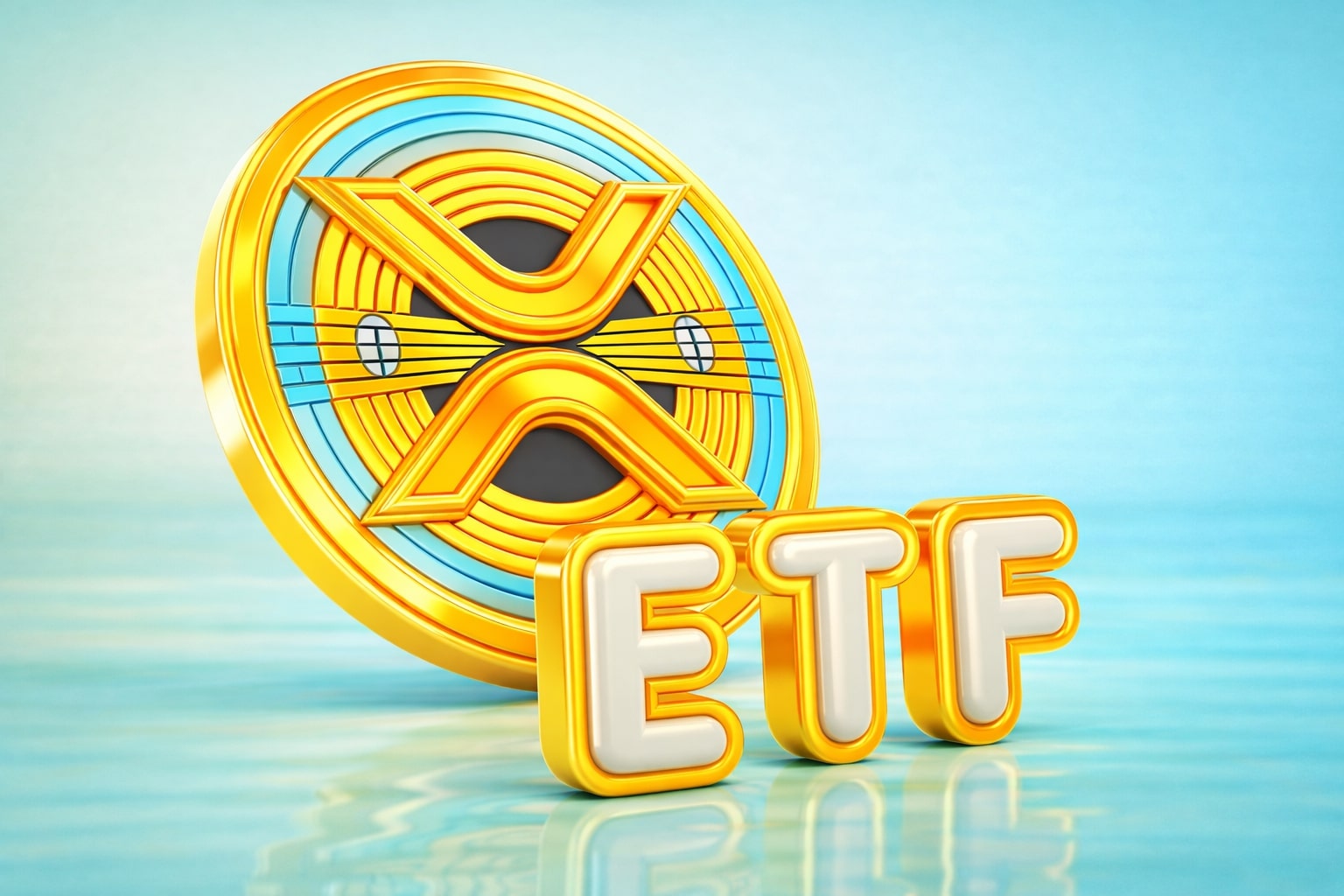
Trading News- S&P 500 Reacts to Inflation Data and U.S.-China Trade Deal: What’s Next for the Market?
The S&P 500 sees mixed results with a sharp rally followed by a pullback. Are inflation concerns easing or is the market setting up for a new phase? | That's TradingNEWS
S&P 500 and Market Overview: Tracking the Post-Tariff Rebound and Inflation Data
Market Movements and Economic Data Overview
The S&P 500 traded mostly flat on Tuesday, after a strong rally the day before. The broad market index gained 0.4%, while the Nasdaq Composite saw a notable 1% increase, driven by optimism over the U.S.-China trade thaw. Meanwhile, the Dow Jones Industrial Average lagged, falling 0.3%, primarily due to a sharp 14% drop in UnitedHealth (UNH) shares. Investors were digesting the latest inflation report, which showed that the U.S. Consumer Price Index (CPI) for April rose by 2.3% on a year-over-year basis, slightly below the expected 2.4%. Core inflation, which excludes food and energy, came in at 2.8%, meeting expectations.
Impact of the U.S.-China Trade Deal on Market Sentiment
The sharp rally observed on Monday followed the news that the U.S. and China had agreed to temporarily reduce tariffs for 90 days. This announcement eased fears of a potential trade war-induced recession, which had plagued markets for much of the year. As a result, the S&P 500 surged over 3%, while the Nasdaq posted a 4.4% gain, cutting the year's losses to just 0.6%. The Dow, however, lagged behind due to the underperformance of health stocks, particularly UnitedHealth (UNH), which contributed significantly to the index's losses.
While the tariff reduction provided much-needed relief, there remain concerns about high market valuations and the concentration of gains in a few tech stocks, leaving some analysts cautious about the long-term outlook. However, in the short term, the easing of trade tensions is likely to support further market rallies.
UnitedHealth’s Impact on the Dow
UnitedHealth (UNH) saw a significant decline of nearly 12% in early trading following the announcement that the company was suspending its 2025 forecast due to unexpected medical expenditures. Additionally, the company revealed that its CEO, Andrew Witty, would step down immediately. This news overshadowed the broader market rally and contributed to the Dow's underperformance. The company’s suspension of its outlook coupled with a leadership change sent shockwaves through the healthcare sector, dragging down shares of other health-related companies like Humana (HUM) and CVS (CVS). UnitedHealth has been a key component of the Dow, and its sharp decline had a noticeable impact on the index's performance on Tuesday.
Inflation Report and Economic Impact
The U.S. CPI data showed that inflation pressures eased in April, with the year-over-year increase in consumer prices falling to 2.3%, down from 2.4% in March. This was the lowest annual increase in inflation since 2021, providing a sigh of relief for investors. While the data was generally positive, economists warned that the full impact of President Trump's tariff policies on inflation would not be fully realized until later in the year, likely around June or July. The core CPI, which strips out volatile food and energy prices, remained unchanged at a 2.8% increase, aligning with market expectations.
Despite this positive inflation data, market experts caution that the outlook for the economy remains uncertain due to the ongoing trade tensions and the potential for future tariff increases. The Federal Reserve’s monetary policy will be crucial in determining the market's trajectory, and recent inflation data may influence the Fed's decision to cut rates later in the year.
Global Impact of Trade Tensions and Economic Data
Markets globally were affected by the easing of trade tensions between the U.S. and China, although some regions saw mixed reactions. In Asia, the Hang Seng Index in Hong Kong dropped 1.87%, reversing its previous session's gains. On the other hand, China’s CSI 300 Index closed slightly higher by 0.15%, showing some resilience. Japan’s Nikkei 225, after four consecutive positive sessions, saw a slight pullback, adding 1.43% on Tuesday. The broader Topix index, which tracks more than 2,000 stocks, gained 1.10%, continuing its upward trend.
In Europe, stocks were largely higher, mirroring the sentiment in the U.S. However, the uncertainty surrounding trade agreements and potential regulatory changes kept many investors cautious. The global market remains highly sensitive to trade policy decisions, and any reversal of recent progress could trigger renewed volatility.
Commodities and Market Dynamics
Commodity markets also reacted to the trade news and the latest inflation report. Gold prices rose by 0.6%, settling around $3,248 per ounce as investors sought safe-haven assets amid ongoing geopolitical tensions. Meanwhile, oil prices remained relatively stable, with investors awaiting further signs of supply-demand balance. The positive market sentiment following the U.S.-China tariff reduction has supported commodity prices in the short term, although concerns about inflation and global economic growth continue to weigh on long-term market forecasts.
Corporate Earnings and Market Reactions
In addition to UnitedHealth’s struggles, other companies like Rigetti Computing and Coinbase saw significant moves in the market. Rigetti Computing shares tumbled 13% after the quantum computing firm reported weaker-than-expected first-quarter revenue. In contrast, Coinbase surged 9.2% on the news that the crypto exchange would join the S&P 500, marking a major milestone for the cryptocurrency sector. Coinbase is set to replace Discover Financial Services in the index, a move that is expected to boost investor confidence in the cryptocurrency market.
Goldman Sachs Revisions and S&P 500 Outlook
Goldman Sachs raised its S&P 500 target for the next few months to 5,900, a modest gain of less than 1% from current levels. Despite this upward revision, Goldman remains cautious, citing ongoing uncertainties regarding economic growth and earnings expectations. The firm also acknowledged the potential impact of trade policy and tariff reductions on future corporate profits and market sentiment.
Wells Fargo echoed similar sentiments, advising investors to remain flexible as the market is expected to remain range-bound through the year. The firm cautioned that despite the recent rally, market conditions are still volatile, and further shifts in trade policy or inflation could trigger market pullbacks.
Conclusion
The market has experienced significant movements in response to the U.S.-China tariff negotiations, with the S&P 500, Nasdaq, and Dow showing divergent performances. The inflation data provided some much-needed relief, but uncertainties remain, particularly regarding the potential long-term impact of tariffs on the U.S. economy. Investors are advised to remain cautious and flexible, as market volatility and macroeconomic shifts continue to drive short-term market movements. UnitedHealth’s sharp drop and other corporate earnings reports will be key factors to watch in the coming weeks, alongside further developments in U.S.-China trade talks and inflation trends. The broader market sentiment remains bullish, but with underlying risks that could dampen the outlook in the near term.
That's TradingNEWS
Read More
-
VOO ETF At $638 With The S&P 500 At 6,966: How Jobs Data, $37.6T U.S. Debt And Trump’s $1.5T Defense Plan Hit The ETF
10.01.2026 · TradingNEWS ArchiveStocks
-
XRP ETFs XRPI, XRPR and Bitwise XRP Hold $1.47B as XRP-USD Price Hovers Near $2
10.01.2026 · TradingNEWS ArchiveCrypto
-
Natural Gas Price Forecast: NG=F Near $3.13 As Warm Winter Smashes The Winter Premium
10.01.2026 · TradingNEWS ArchiveCommodities
-
USD/JPY Price Forecast: Dollar Near 158 As Fed Hold Bets Grow And BoJ Stays Cautious, 161.94 High Back In Play
10.01.2026 · TradingNEWS ArchiveForex


















